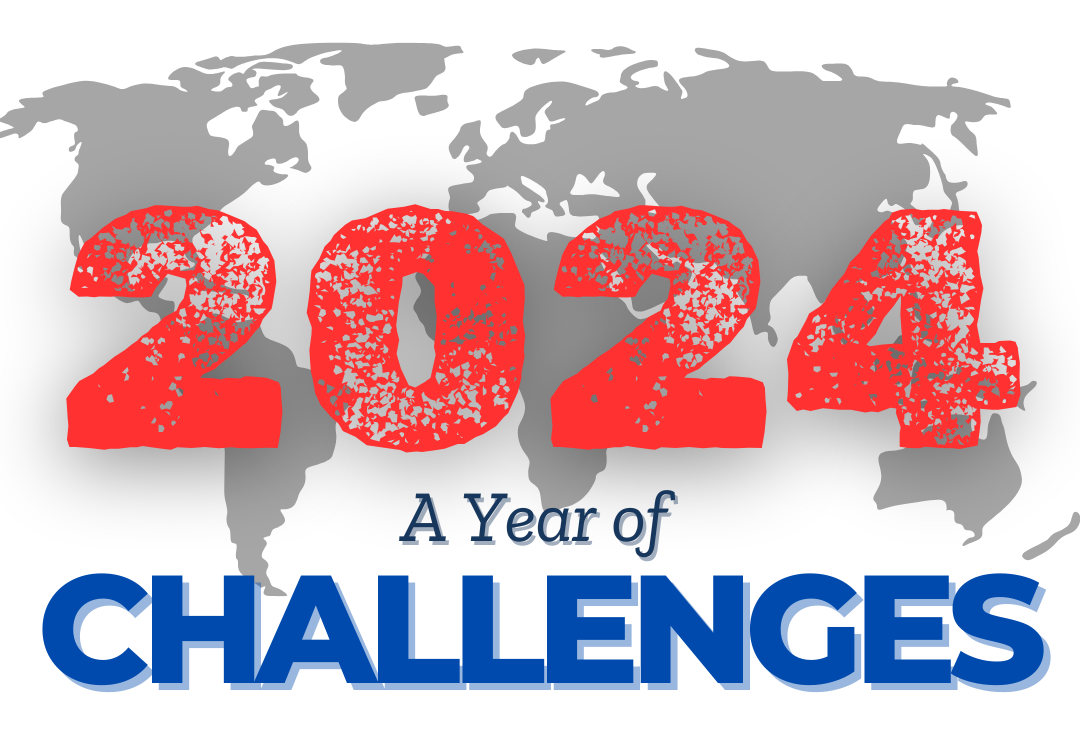While the threat of Ebola has only been present for several months, a new rapid blood test has been developed to detect the disease in only fifteen minutes with staggering accuracy.
Yes, it’s true. The first rapid blood test for Ebola, the ReEBOV Antigen Rapid Test Kit by Corgenix, has been approved for use in West Africa by the World Health Organization (WHO). After its approval, the test yielded a 92% success rate in infected patients and an 85% success in non-Ebola carriers according to WHO. This blood test exhibits its vast superiority over the former testing method that took up to an entire day to receive results, leaving victims vulnerable to the potential of the virus spreading. The new method cuts down testing time and requires no electricity, allowing recovery in Africa to go much smoother since location and isolation prove easier for all those involved in Ebola efforts.
Ebola is a severe, often fatal disease, with death rates up to 90%, affecting both humans and animals. In the first quarter of last year, the Ebola outbreak began in Africa and by the July, had been on America Daily, reporting the deaths almost 20,000 victims in the process. The threat of an epidemic was hovering over the heads of many, but as the disease was contained in America, the fear slowly trickled away. However, back in Africa the virus continues to claim the lives of the innocent. While the virus has disappeared from the limelight in America, it is still ravaging its birthplace, and relief is a necessity for the time being.
The new rapid blood test works by testing for the proteins of the virus, rather than the nucleic acid. This small difference means that results can be delivered much faster, as the test can be administered on the spot as opposed to in a laboratory. Samples will no longer need to be transported to a lab and then back for a patient for results. The only downside to the new testing method is its lack of certainty, but surely possesses a very beneficial trade, as speed is crucial in an urgent situation. Officials are still unsure whether the use of this blood test is correct or not, however this breakthrough will hopefully pave the way for future relief methods. Joanne Beebe, Nurse at Colonia High School has stated that this test will be helpful because it will assist in “Treatment sooner than later, and prevent deaths as a result.”
While the Ebola outbreak has died down, the new blood test will be able to assist in containing new outbreaks, as well as provide aid to hospitals who, in the past had difficulty determining if patients were suffering from Ebola or Malaria, a disease, who in its early stages, exhibits similar symptoms to the Ebola virus. Dr Ben Neuman, a lecturer in virology at the University of Reading, stated, “The new antigen test is not a game-changer, but another useful tool in the fight against Ebola.”
Although this new test surely assists relief efforts for Ebola, only time will be able to tell what long-standing impact it will have on the war against this deadly hemorrhagic fever.













